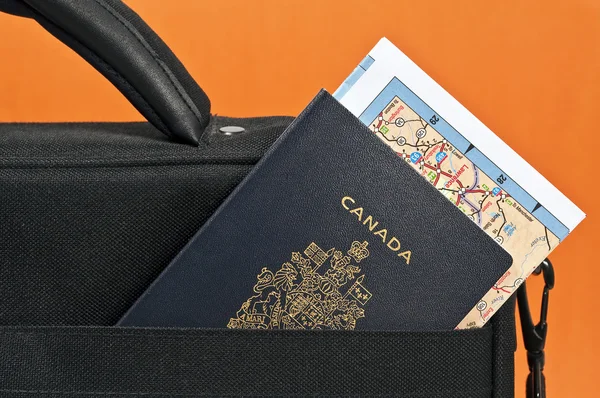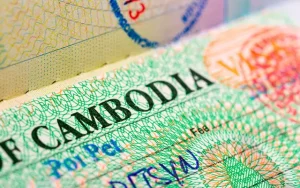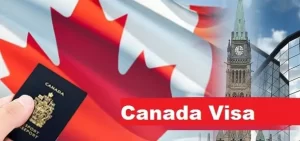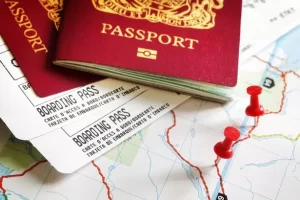
Introduction
Planning a trip to Canada and feeling a bit overwhelmed by the visa process? You’re not alone! Navigating visa requirements can seem daunting, but don’t worry—I’m here to break it down for you. Whether you’re drawn to Canada’s stunning landscapes, bustling cities, or rich cultural experiences, understanding the visa process is your first step towards an unforgettable adventure. Let’s dive into everything you need to know about securing a visa to explore the Great White North. CANADA VISA FOR TOURISTS
Why Visit Canada?
Canada is a dream destination for many, and for good reason. With its diverse landscapes, vibrant cities, and warm hospitality, it offers something for everyone.
Top Tourist Attractions
From the stunning Rocky Mountains to the bustling streets of Toronto, Canada has a plethora of attractions that will captivate any traveler. Imagine exploring the majestic Niagara Falls, or enjoying the picturesque beauty of Banff National Park. There’s no shortage of awe-inspiring sights!
Cultural and Natural Highlights
Canada is not just about its natural beauty; it also boasts a rich cultural heritage. Explore the historic sites of Quebec City or immerse yourself in the cultural mosaic of multicultural Toronto. Plus, the northern lights in Yukon are a sight you won’t want to miss!
Types of Canadian Visas for Tourists
Canada offers various types of visas for tourists, each tailored to different needs and travel plans. Understanding these options will help you choose the right one for your trip. CANADA VISA FOR CHILE CITIZENS
Visitor Visa (Temporary Resident Visa)
The Visitor Visa, also known as a Temporary Resident Visa (TRV), is the most common visa for travelers who want to visit Canada. It allows you to stay in Canada for a specified period, usually up to six months.
eTA (Electronic Travel Authorization)
If you’re from a visa-exempt country, you might be eligible for an eTA, which simplifies the entry process. This electronic document is linked to your passport and is valid for up to five years.
Eligibility for eTA
Most travelers from visa-exempt countries need an eTA to board a flight to Canada. It’s essential to check if your country is on the list of visa-exempt nations to see if you qualify for this simplified entry option.
How to Apply for a Canada Visitor Visa
Applying for a Canada Visitor Visa involves several steps, but don’t let that intimidate you. Here’s a straightforward guide to help you through the process.
Step-by-Step Application Process
Gather Required Documents
Before you start your application, make sure you have all the necessary documents. This typically includes your passport, proof of funds, travel itinerary, and any previous travel history.
Complete the Application Form
Fill out the application form carefully. This form can be completed online or on paper, depending on your preference. Be honest and accurate with the information you provide.
Submit Your Application
After completing the form, submit it along with your documents and application fee. If you’re applying online, you’ll be required to upload your documents electronically.
How to Apply for an eTA
Applying for an eTA is usually a quicker and simpler process compared to a visitor visa. Here’s how you can do it.
Application Procedure
Online Application Process
The eTA application is done online through the Canadian government’s official website. The process is straightforward and typically takes just a few minutes.
Documents Needed for eTA
You’ll need a valid passport, a credit card for payment, and an email address. Ensure your passport is valid for the duration of your stay.
Processing Time and Fees
Understanding the processing time and fees involved can help you plan your trip better.
Visitor Visa Processing Time
The processing time for a visitor visa can vary based on your country of residence and the time of year. On average, it can take several weeks, so applying well in advance is advisable.
eTA Processing Time
eTA applications are processed quickly, often within minutes. However, it’s best to apply a few weeks before your trip to avoid any last-minute issues.
Application Fees
The fees for a visitor visa and an eTA differ. Be sure to check the latest fee structure on the official Canadian immigration website.
Common Issues and How to Avoid Them
While applying for a visa or eTA, there are a few common pitfalls to watch out for. Here’s how you can avoid them.
Incomplete Applications
Double-check your application to ensure all sections are filled out and all required documents are included. An incomplete application can lead to delays or rejections.
Incorrect Information
Accuracy is crucial. Any discrepancies or false information can result in your application being denied. Review all details carefully before submission.
Travel Tips for Canada
Once your visa or eTA is secured, it’s time to think about your trip. Here are some tips to make your stay enjoyable and hassle-free.
What to Pack
Canada’s weather can be unpredictable, so pack layers to stay comfortable. Don’t forget essentials like travel adapters and comfortable walking shoes.
Local Customs and Etiquette
Familiarize yourself with Canadian customs to enhance your travel experience. For instance, tipping is customary, and it’s polite to be punctual for appointments.
Conclusion
Securing a visa to visit Canada might seem like a complex process, but with the right information and preparation, it’s manageable. Whether you choose a visitor visa or an eTA, knowing the requirements and procedures will set you up for a successful application. Canada’s stunning landscapes and vibrant cities await your exploration—happy travels!
FAQs
1. Can I extend my stay on a visitor visa?
Yes, you can apply for an extension if you wish to stay longer. Ensure you apply before your current visa expires.
2. How long is an eTA valid for?
An eTA is typically valid for up to five years or until your passport expires, whichever comes first.
3. Can I apply for a Canadian visa from anywhere?
Yes, you can apply for a Canadian visa from any country. However, the process and requirements may vary depending on your location.
4. What should I do if my visa application is denied?
If your application is denied, you will receive a reason for the refusal. You can address the issues and reapply or seek advice on how to improve your application.
5. Do I need travel insurance for Canada?
While travel insurance is not mandatory, it’s highly recommended to cover unexpected medical expenses and other potential issues during your trip.
4o mini





